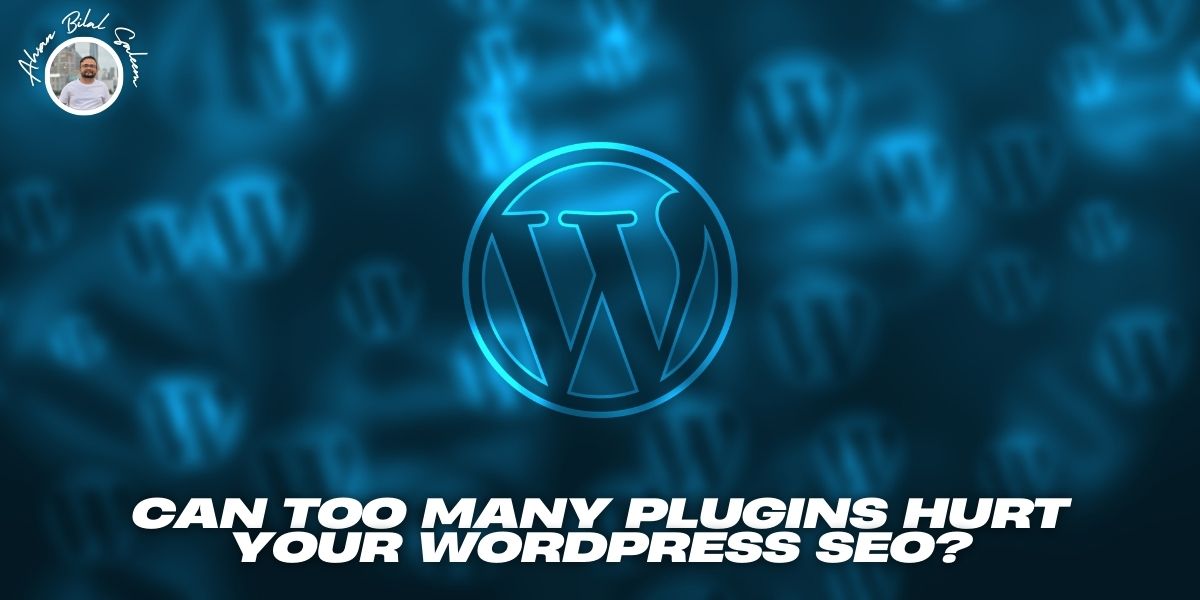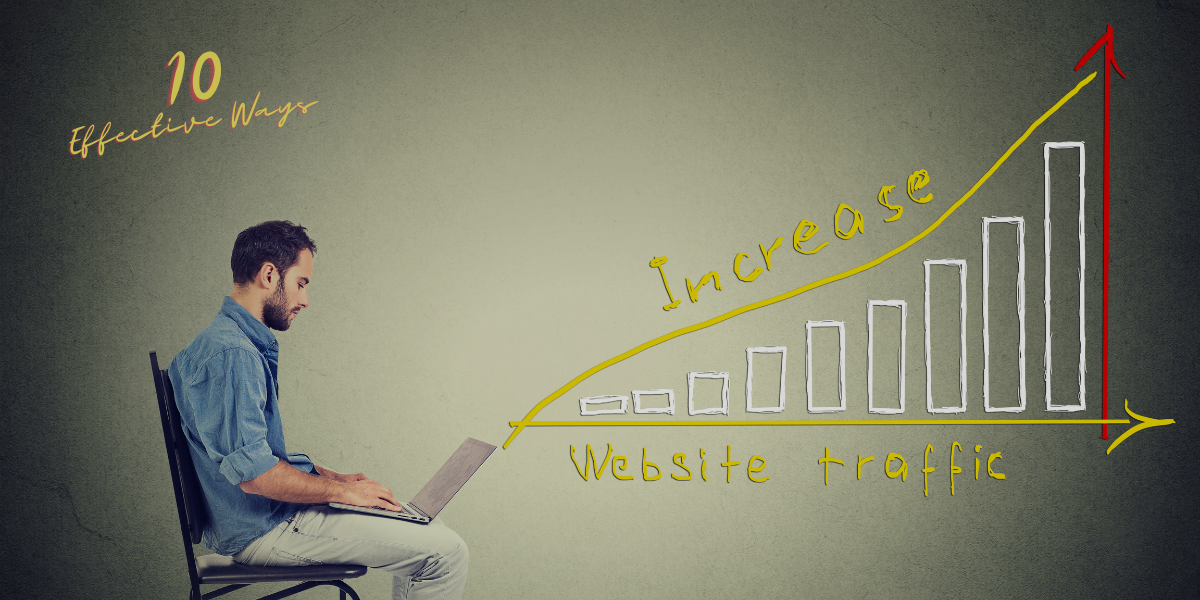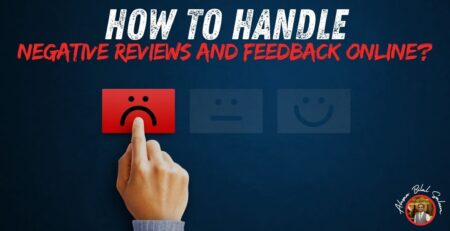Can Too Many Plugins Hurt Your WordPress SEO?
WordPress is a powerful platform for building websites, thanks to its flexibility and extensive range of plugins. Plugins extend the functionality of your website, allowing you to customize it without needing advanced coding skills. However, as beneficial as plugins are, overloading your site with too many of them can negatively impact your WordPress SEO. Here’s a deep dive into why this happens and how you can avoid it.
The Impact of Too Many Plugins on WordPress SEO
Slower Website Speed
Website loading speed is a crucial ranking factor for search engines like Google. Plugins often add scripts, stylesheets, or additional requests to your website, which can significantly slow down its performance.
- Why It Matters: A slow-loading site frustrates users, leading to higher bounce rates. Search engines interpret high bounce rates as a sign of poor user experience, negatively impacting your rankings.
Increased Security Vulnerabilities
Each plugin you install is a potential entry point for hackers, especially if it’s outdated or poorly maintained.
- Why It Matters: A compromised site can result in malware, spam content, or a complete site takedown, all of which can harm your SEO efforts by triggering penalties or blacklisting from search engines.
Plugin Conflicts and Errors
Too many plugins can lead to compatibility issues, causing site crashes or broken features. These conflicts may result in a poor user experience and affect critical SEO elements like navigation, mobile responsiveness, or page indexing.
- Why It Matters: A malfunctioning website diminishes user trust and accessibility, two key components of effective SEO.
Duplicate or Unnecessary Features
Some plugins perform overlapping functions. For instance, two SEO plugins might try to handle metadata, leading to duplicate tags or errors.
- Why It Matters: Duplicate content confuses search engines and can lead to penalties, ultimately hurting your rankings.
Higher Database Load
Every plugin you install interacts with your WordPress database. Too many plugins can result in a bloated database, slowing down backend operations and making it harder for search engines to crawl your site efficiently.
- Why It Matters: Efficient crawling is essential for proper indexing. A sluggish database might prevent search engines from indexing all your pages.
How to Avoid Plugin Overload
To prevent plugins from harming your WordPress SEO, follow these best practices:
Audit Your Plugins Regularly
Identify plugins you’re not using or those with redundant functionality and remove them. Only keep what’s essential for your website’s operation.
Use Lightweight Alternatives
Opt for lightweight plugins that don’t consume excessive resources. Many premium plugins are optimized for speed and efficiency compared to free ones.
Keep Plugins Updated
Outdated plugins are a common cause of security vulnerabilities. Guarantee all modules are modern, and keep away from modules that haven’t been refreshed in quite a while.
Prioritize All-in-One Solutions
Instead of using multiple plugins for different tasks, choose comprehensive plugins like an all-in-one SEO tool or a multipurpose caching plugin.
Test for Conflicts
When adding new plugins, test your website thoroughly to ensure they don’t conflict with existing ones. Tools like staging environments can help you safely experiment without affecting your live site.
Monitor Website Performance
Use tools like Google PageSpeed Insights or GTmetrix to measure your website’s speed and performance regularly. If a plugin is slowing down your site, consider replacing it.
Top Plugins You Actually Need
While limiting the number of plugins is essential, some are indispensable for SEO and overall website functionality:
- SEO Plugins: Yoast SEO or Rank Math.
- Caching Plugins: WP Rocket or W3 Total Cache.
- Security Plugins: Wordfence or Sucuri.
- Backup Plugins: UpdraftPlus or BackupBuddy.
- Analytics Plugins: MonsterInsights or ExactMetrics.
Final Thoughts
Plugins are a double-edged sword. While they enhance your website’s functionality, overloading your site with too many can harm its performance and SEO. The key is to adopt a minimalistic approach: only use essential, high-quality plugins and monitor their impact on your website. By doing so, you can maintain a fast, secure, and SEO-friendly WordPress site that delivers excellent results.











Leave a Reply